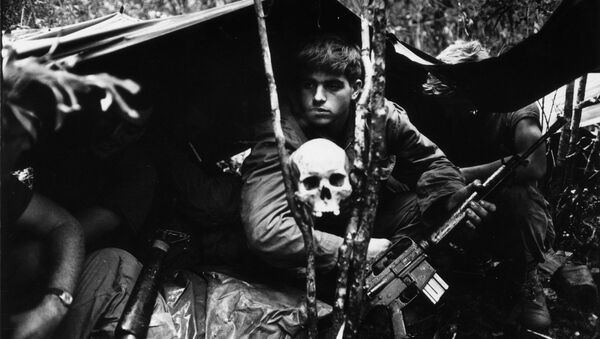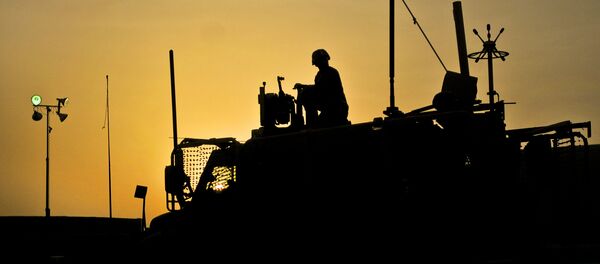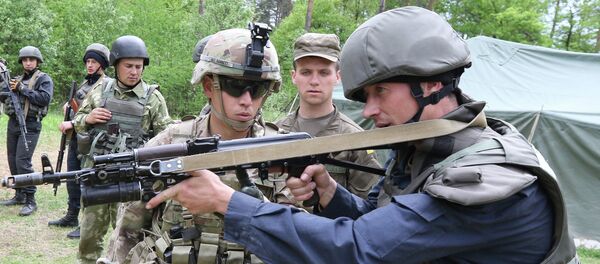While Barack Obama is considering whether to approve the escalation of America's role in Iraq and Syria and moving US troops closer to the front lines, the journalist says that the whole scenario makes him reminisce about the late 60s and the Vietnam War.
"[60's Defense Secretary] Robert McNamara and [top Vietnam War General] Creighton Abrams are starting to appear in my mind's eye, pointing down a long, dark tunnel at the lights of an oncoming train," Pierce wrote.
With Obama's approval, American troops would be directly involved in combat in Syria and Iraq, and a limited number of Special Operations forces would be positioned on the ground in Syria for the first time.
The current dissatisfaction of the White House with the progress in the fight against ISIL, enhanced by Russian airstrikes against the terrorist group, could trigger the Pentagon to step up the confrontation. This could entail "direct action on the ground."
The Esquire journalist condemned the pressure Defense Secretary Ashton B. Carter has put on the US military to expand its involvement in long-running overseas conflicts.
Citing US officials speaking on condition of anonymity who said that "for now" the number of additional troops is likely to be relatively small, Pierce said that "for now" could be "full of blood".
"There could be hundreds of American kids interred in those two words — 'for now'-along with god knows how many Syrians and Iraqis."
The journalist shared his concern that implementing the changes in the confrontation could cost too many lives without bringing about any significant changes to the political circumstances in Iraq and Syria that have helped the Islamic State thrive.
"The enemy of my enemy is my friend. And the friend of my friend is the enemy of the enemy of my friend. And the friend of the devil is a friend of mine. This isn't foreign policy. It's a Lewis Carroll poem, and it's getting to be a longer one." Pierce noted with sarcasm.
The journalist called for remembering the folly of getting involved in a distant civil war and advised that the US should learn lessons from the mistakes of the past.




